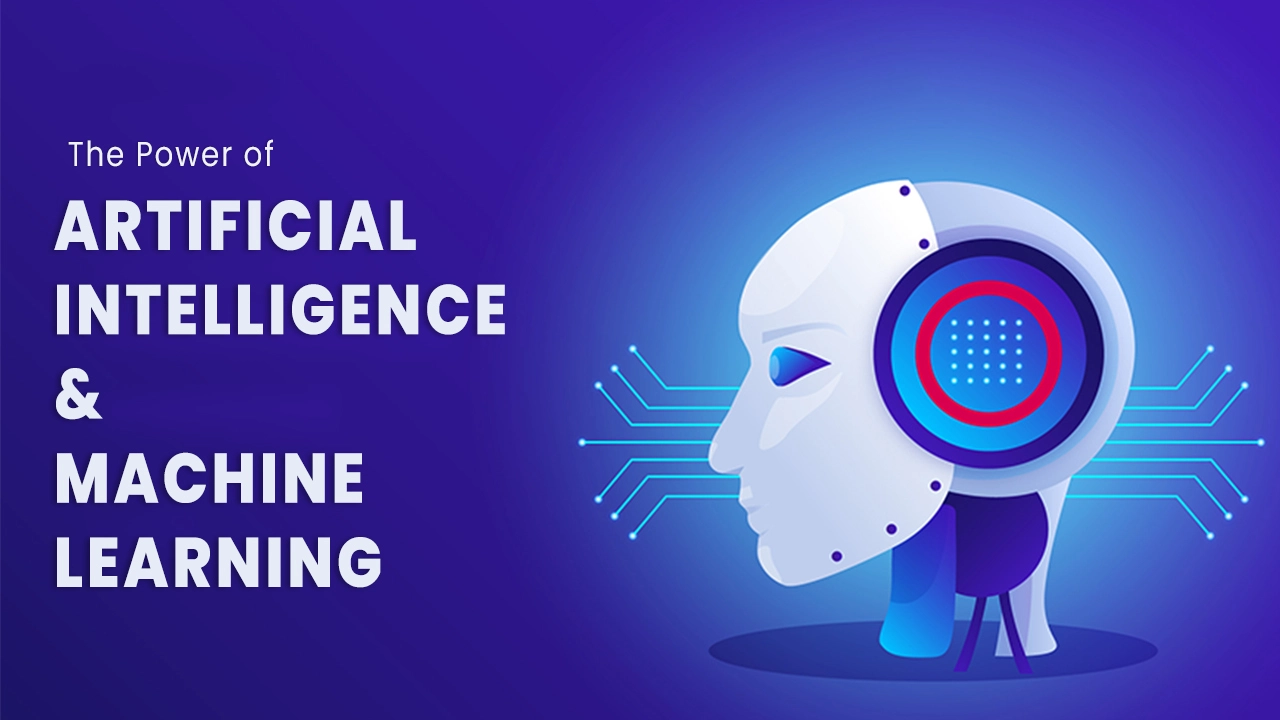Richard Whittle gets funding from the ESRC, Research England and was the recipient of a CAPE Fellowship.
Stuart Mills does not work for, speak with, own shares in or get financing from any business or organisation that would gain from this short article, and has actually revealed no appropriate affiliations beyond their scholastic visit.
Partners

University of Salford and University of Leeds provide financing as founding partners of The Conversation UK.
View all partners
Before January 27 2025, it's fair to state that Chinese tech company DeepSeek was flying under the radar. And after that it came considerably into view.
Suddenly, everybody was talking about it - not least the shareholders and executives at US tech companies like Nvidia, Microsoft and wiki.whenparked.com Google, which all saw their business values topple thanks to the success of this AI startup research laboratory.

Founded by a successful Chinese hedge fund manager, the laboratory has taken a different approach to expert system. Among the major differences is cost.
The development costs for Open AI's ChatGPT-4 were said to be in excess of US$ 100 million (₤ 81 million). DeepSeek's R1 design - which is used to create content, fix reasoning issues and produce computer system code - was reportedly used much fewer, less effective computer system chips than the similarity GPT-4, resulting in expenses claimed (but unproven) to be as low as US$ 6 million.
This has both financial and geopolitical results. China undergoes US sanctions on importing the most innovative computer system chips. But the reality that a Chinese startup has actually been able to develop such an innovative design raises questions about the efficiency of these sanctions, elearnportal.science and whether Chinese innovators can work around them.
.png)
The timing of DeepSeek's brand-new release on January 20, as Donald Trump was being sworn in as president, signalled a challenge to US supremacy in AI. Trump reacted by explaining the moment as a "wake-up call".
From a financial viewpoint, the most obvious result might be on consumers. Unlike rivals such as OpenAI, asteroidsathome.net which just recently started charging US$ 200 per month for access to their premium designs, DeepSeek's similar tools are currently totally free. They are likewise "open source", enabling anyone to poke around in the code and reconfigure things as they wish.
Low costs of development and effective use of hardware appear to have managed DeepSeek this expense advantage, and library.kemu.ac.ke have actually currently required some Chinese competitors to decrease their costs. Consumers need to prepare for lower costs from other AI services too.
Artificial financial investment
Longer term - which, in the AI industry, can still be extremely soon - the success of DeepSeek might have a big influence on AI financial investment.
This is due to the fact that so far, practically all of the big AI companies - OpenAI, Meta, Google - have been struggling to commercialise their designs and be profitable.
Until now, this was not necessarily a problem. Companies like Twitter and Uber went years without making profits, prioritising a commanding market share (great deals of users) instead.
And business like OpenAI have been doing the same. In exchange for continuous investment from hedge funds and other organisations, they assure to construct much more powerful designs.
These models, business pitch most likely goes, will massively improve performance and then success for companies, akropolistravel.com which will end up pleased to spend for AI products. In the mean time, all the tech companies require to do is gather more data, buy more effective chips (and more of them), and establish their designs for longer.
But this costs a lot of cash.
Nvidia's Blackwell chip - the world's most effective AI chip to date - costs around US$ 40,000 per unit, and AI business typically require tens of thousands of them. But already, AI business haven't really had a hard time to draw in the essential investment, even if the amounts are huge.
DeepSeek may alter all this.
By showing that innovations with existing (and maybe less innovative) hardware can accomplish similar efficiency, it has actually given a warning that throwing cash at AI is not ensured to settle.
For instance, prior to January 20, canadasimple.com it might have been assumed that the most advanced AI designs need massive information centres and other infrastructure. This indicated the likes of Google, Microsoft and OpenAI would face minimal competition due to the fact that of the high barriers (the vast cost) to enter this industry.
Money concerns
But if those barriers to entry are much lower than everybody thinks - as DeepSeek's success recommends - then numerous huge AI financial investments unexpectedly look a lot riskier. Hence the abrupt result on big tech share costs.

Shares in chipmaker Nvidia fell by around 17% and ASML, which produces the devices needed to manufacture innovative chips, likewise saw its share cost fall. (While there has been a slight bounceback in Nvidia's stock cost, it appears to have settled below its previous highs, showing a new market truth.)
Nvidia and ASML are "pick-and-shovel" companies that make the tools necessary to produce a product, instead of the product itself. (The term originates from the concept that in a goldrush, forum.altaycoins.com the only person ensured to generate income is the one selling the picks and shovels.)
The "shovels" they sell are chips and chip-making equipment. The fall in their share prices originated from the sense that if DeepSeek's more affordable approach works, the billions of dollars of future sales that financiers have actually priced into these companies might not materialise.
For the likes of Microsoft, Google and Meta (OpenAI is not publicly traded), the cost of structure advanced AI might now have actually fallen, indicating these firms will have to spend less to remain competitive. That, for them, could be a great thing.
But there is now question regarding whether these companies can effectively monetise their AI programmes.
US stocks make up a traditionally big portion of global financial investment today, and innovation business comprise a historically large percentage of the worth of the US stock market. Losses in this industry may force financiers to sell other financial investments to cover their losses in tech, causing a whole-market decline.
And it shouldn't have come as a surprise. In 2023, a leaked Google memo warned that the AI industry was exposed to outsider disturbance. The memo argued that AI business "had no moat" - no defense - against competing models. DeepSeek's success might be the evidence that this is true.








